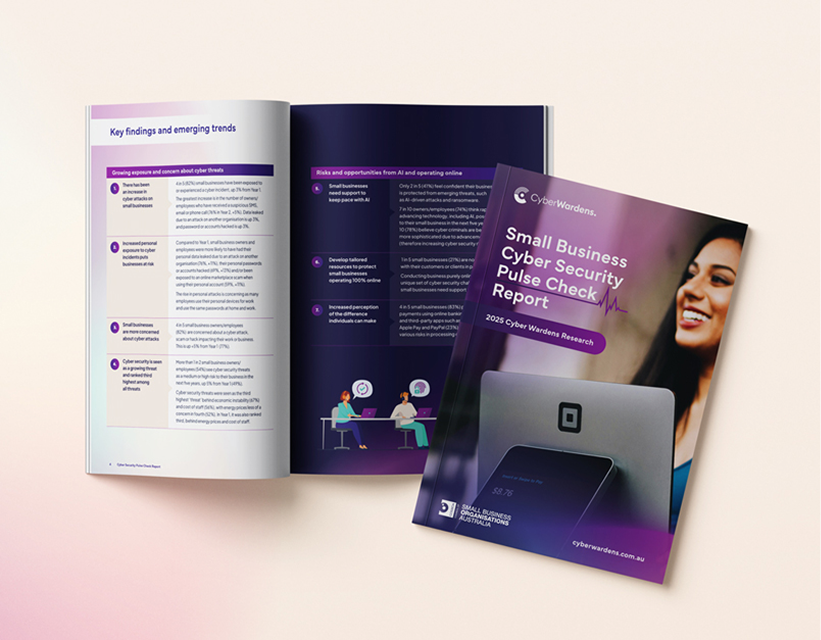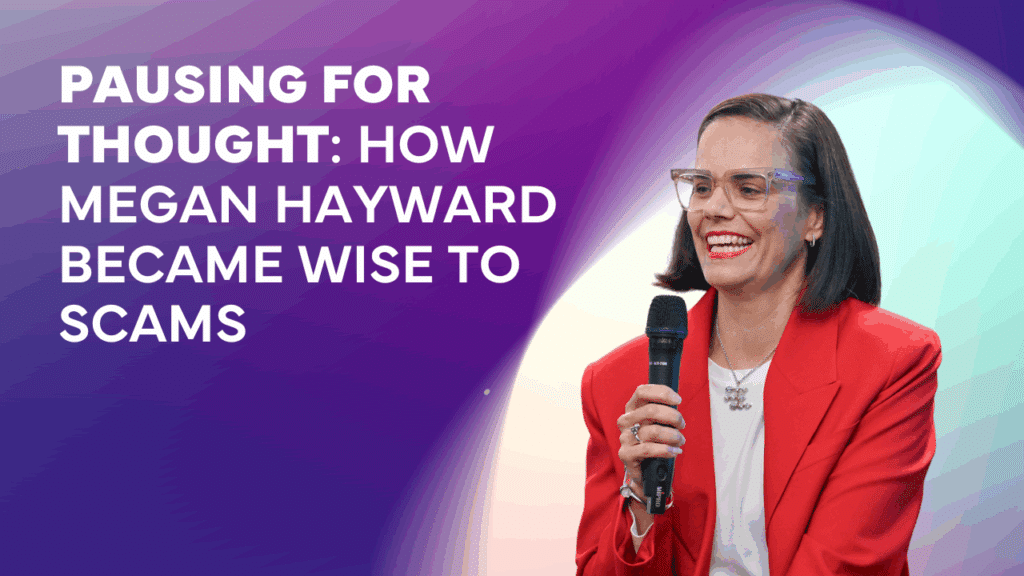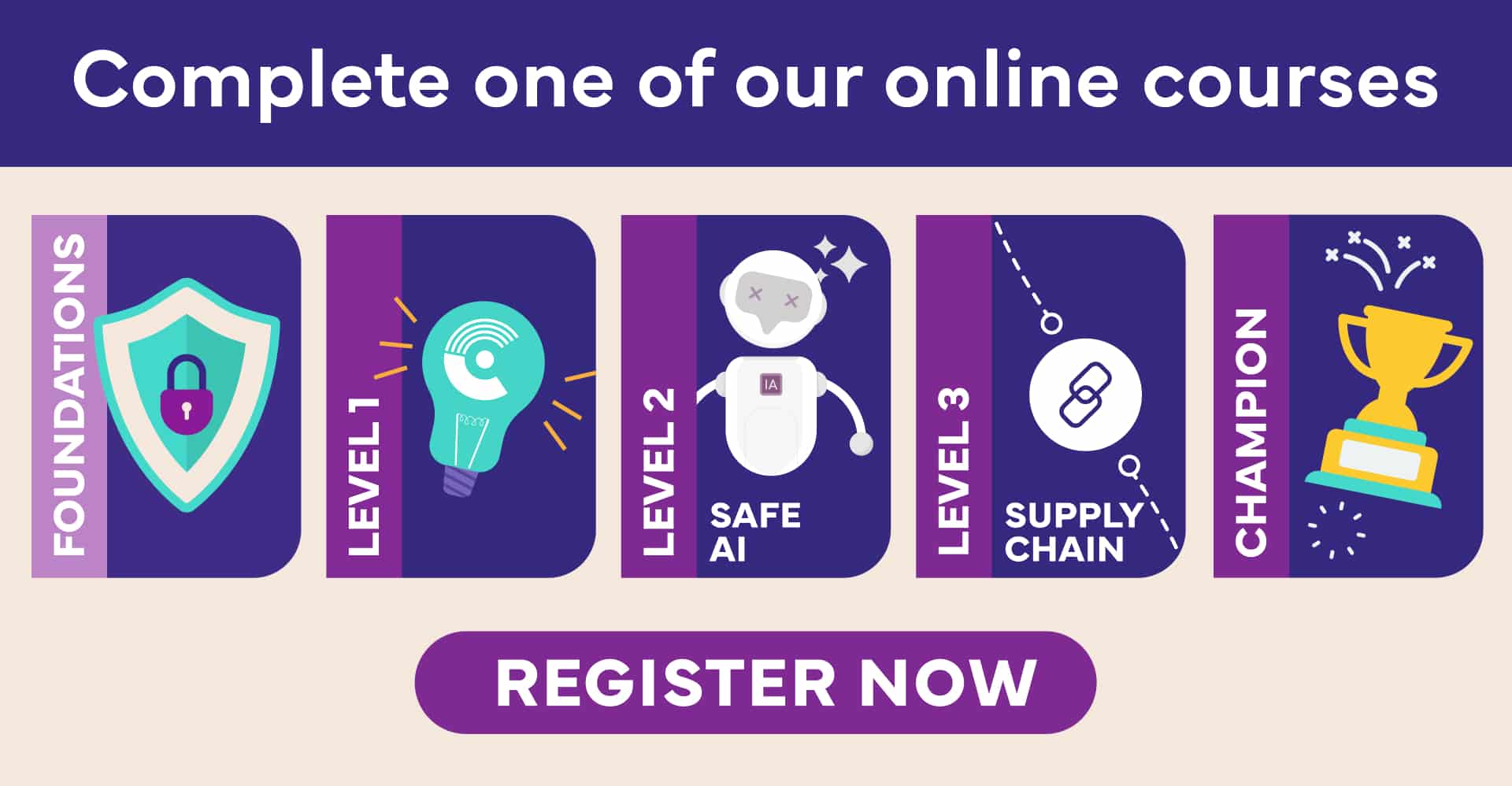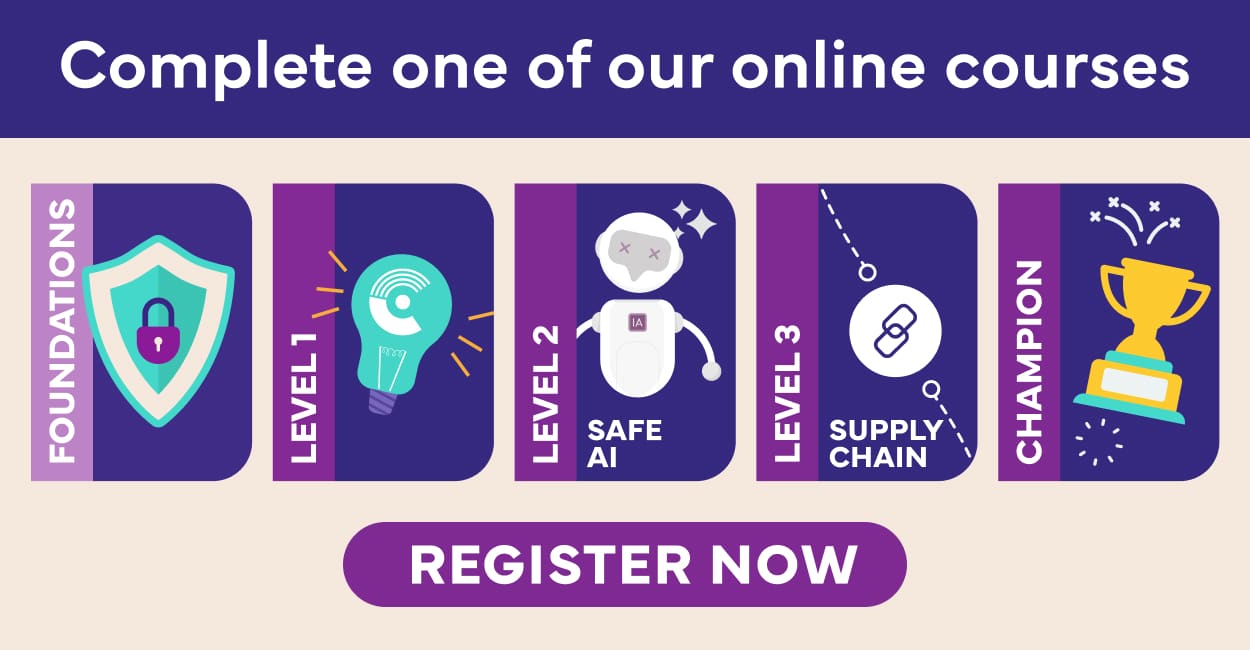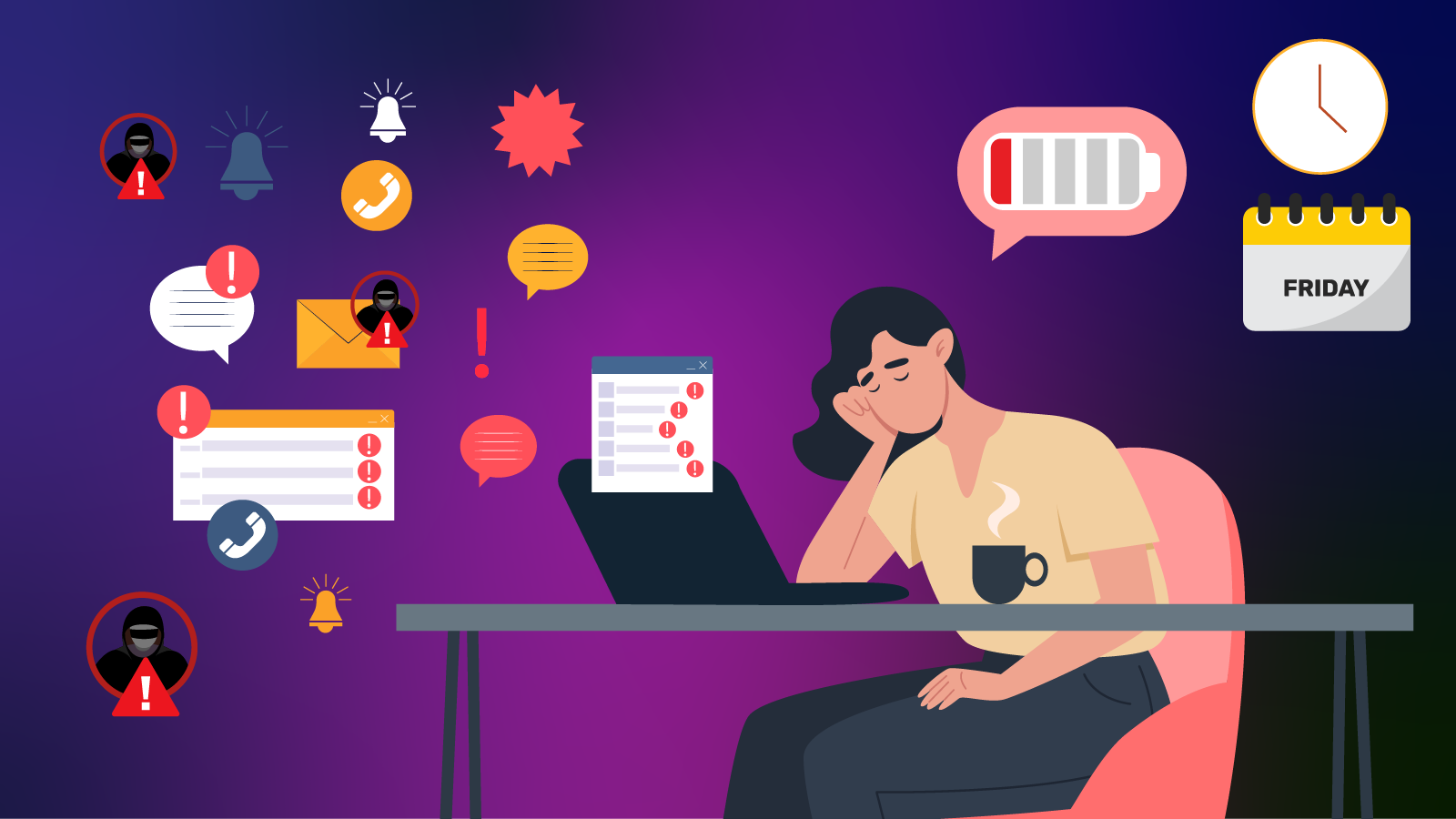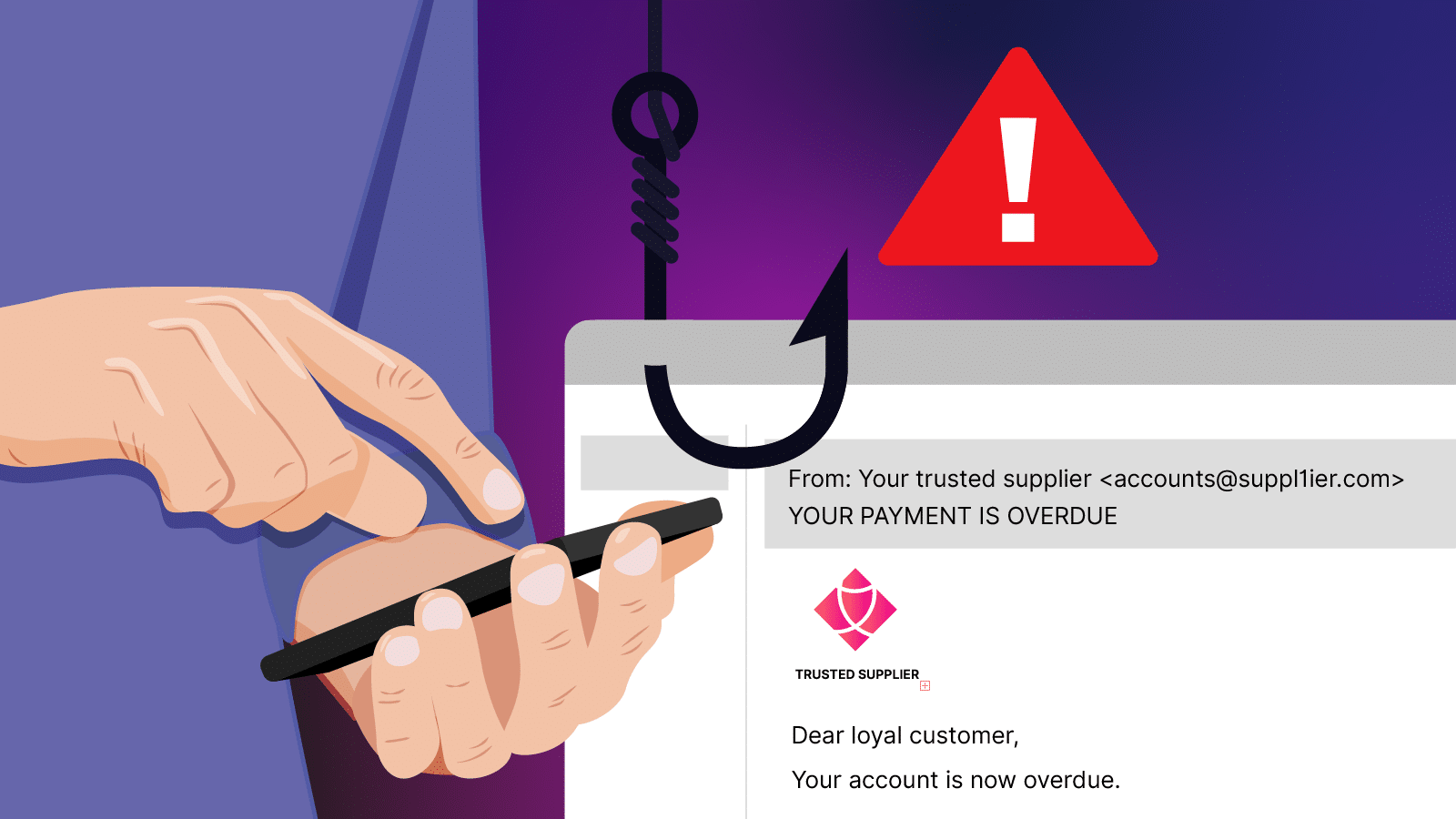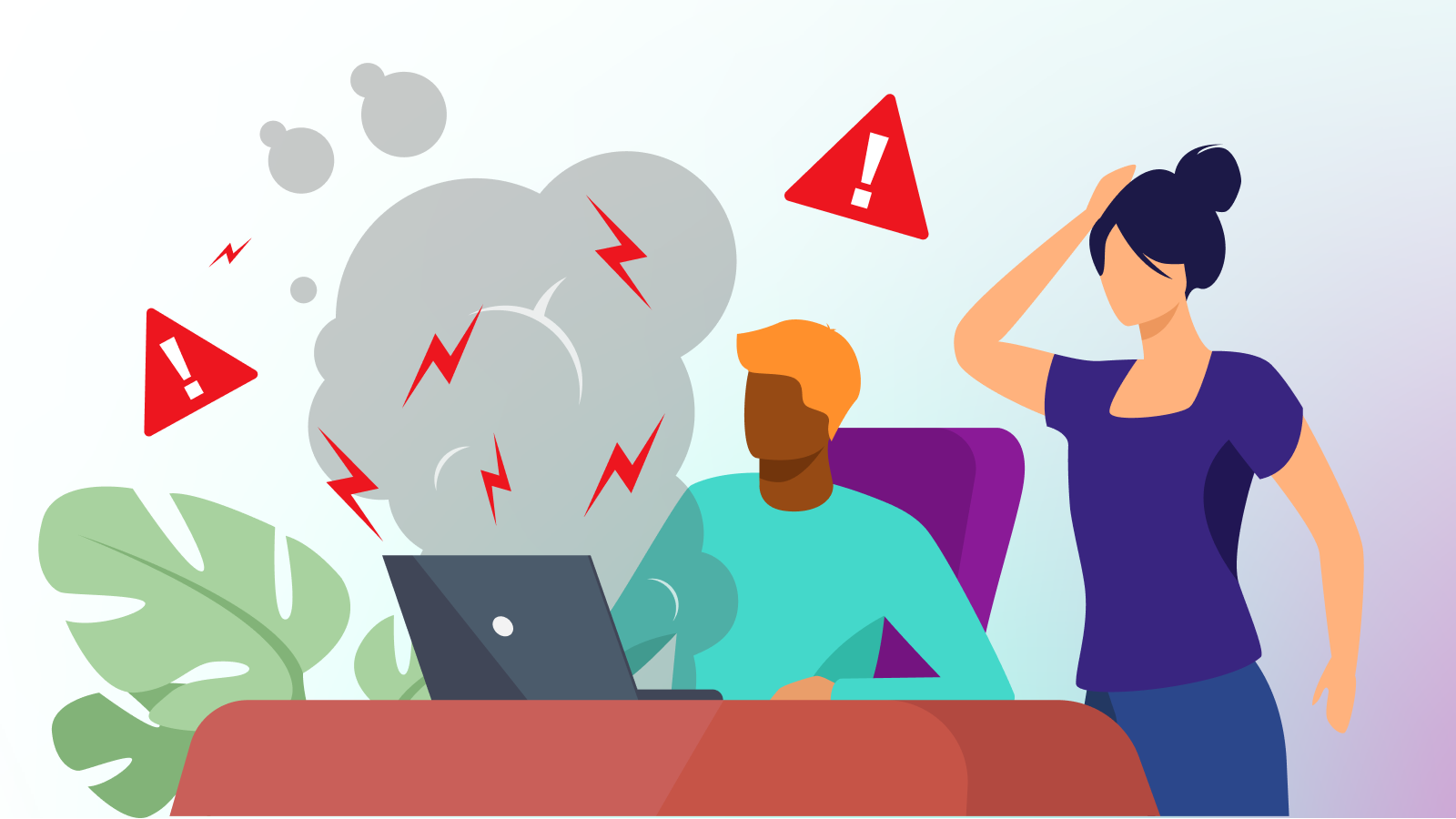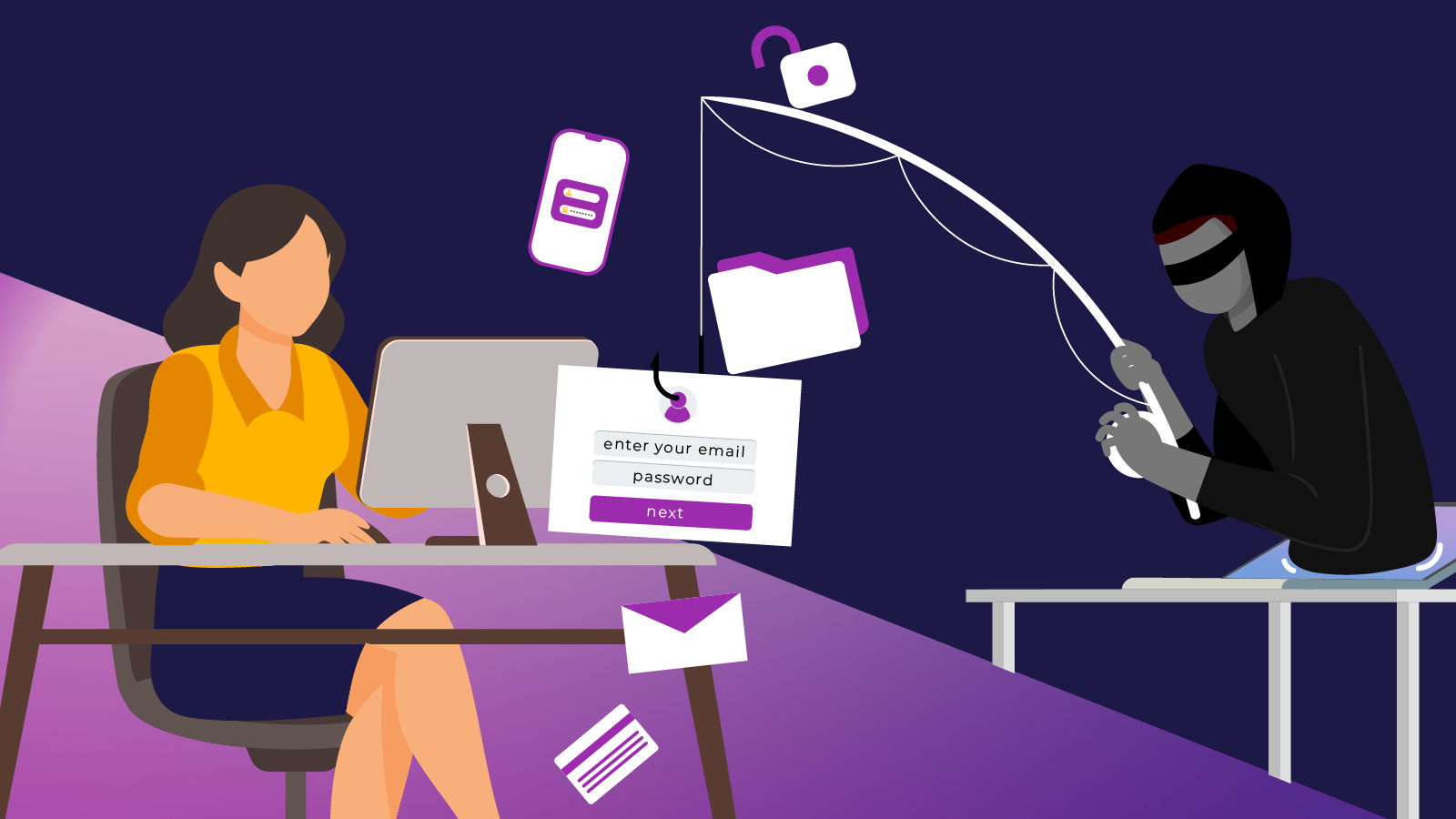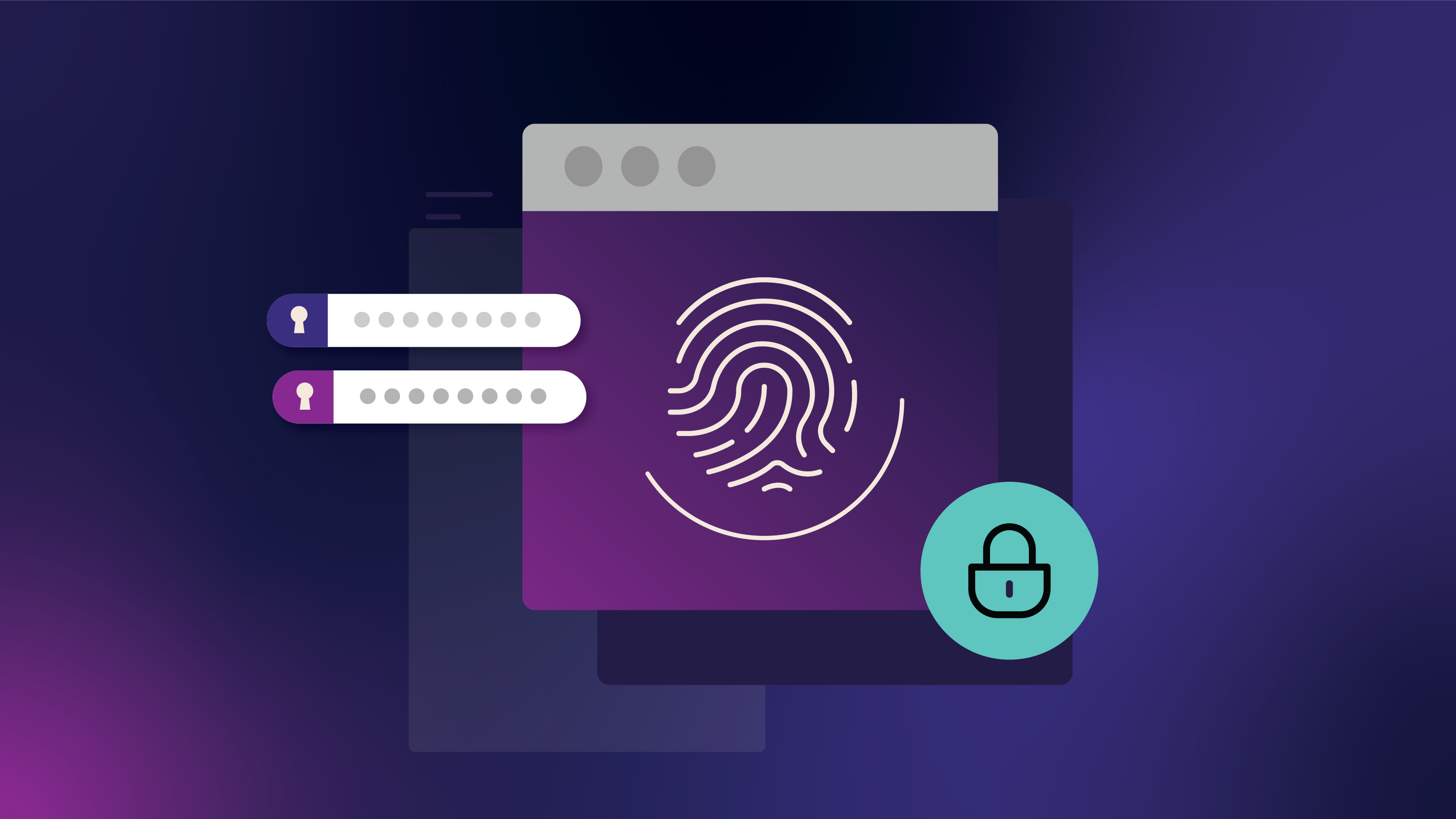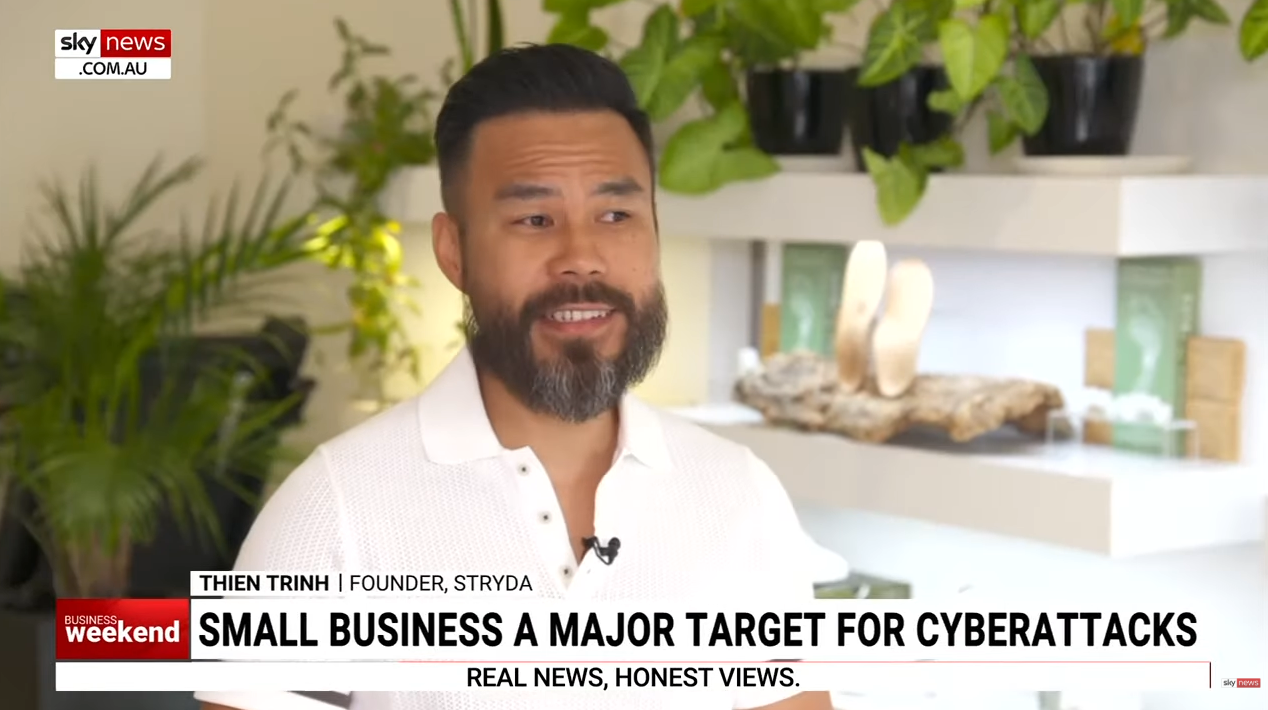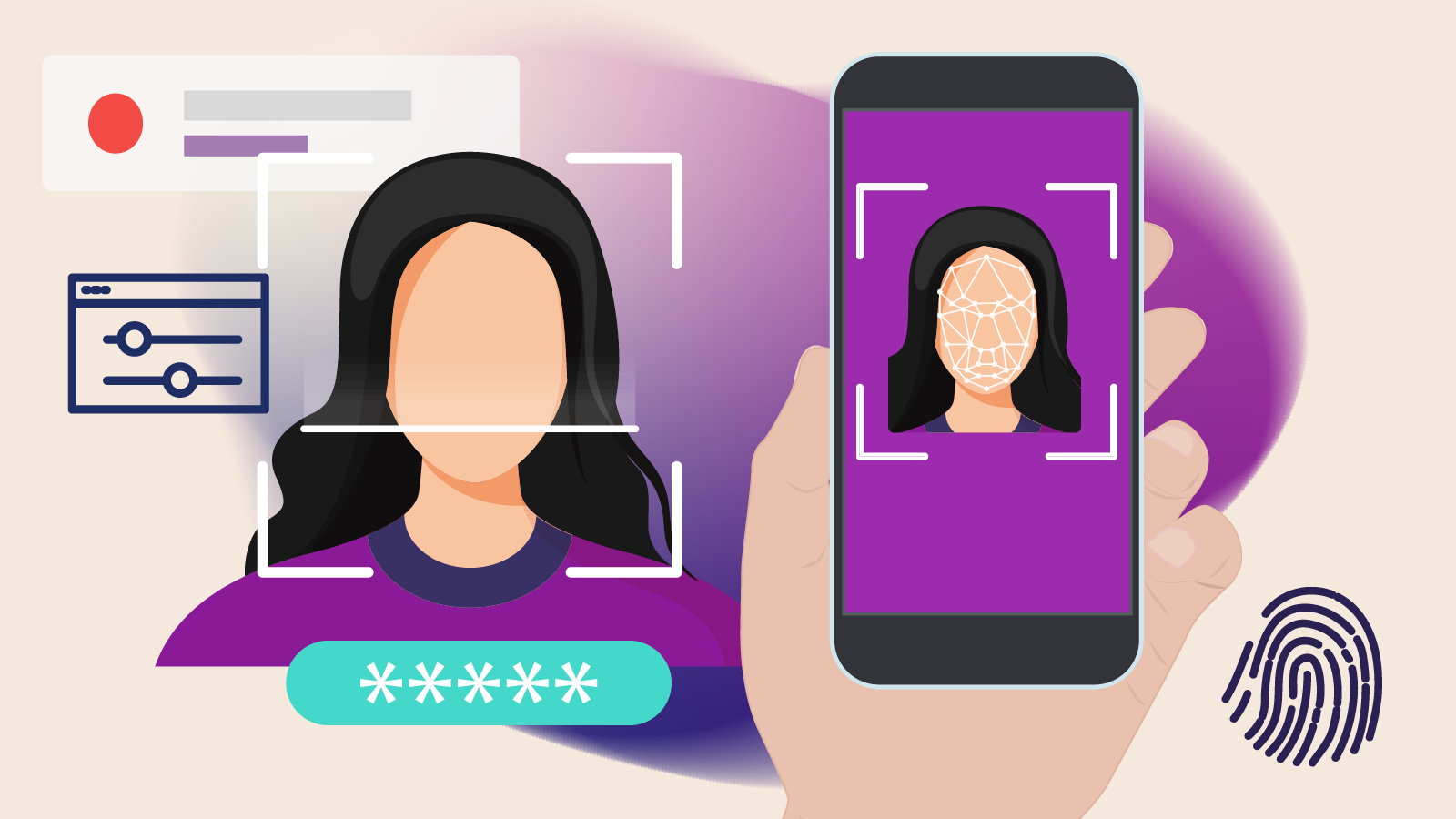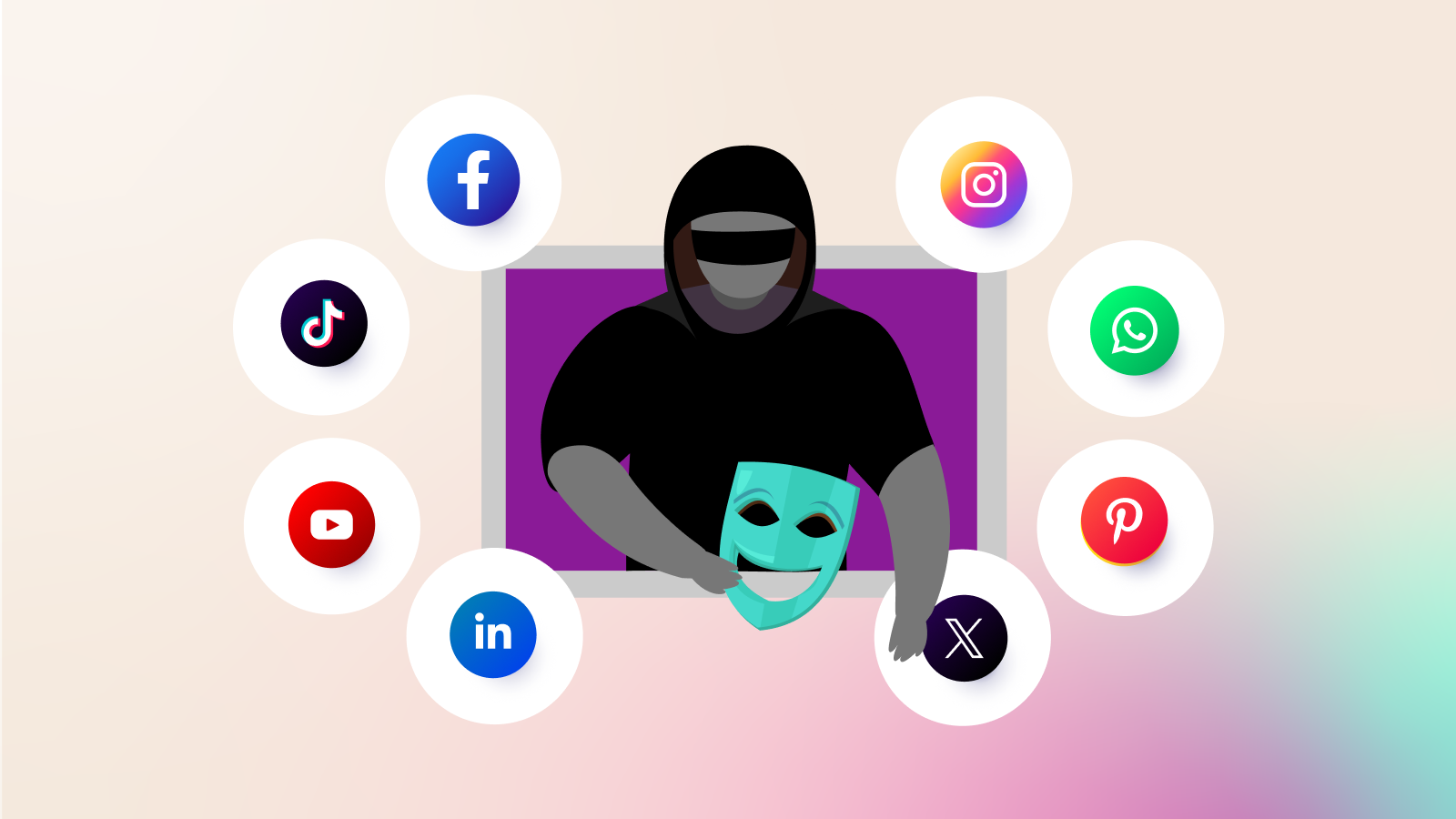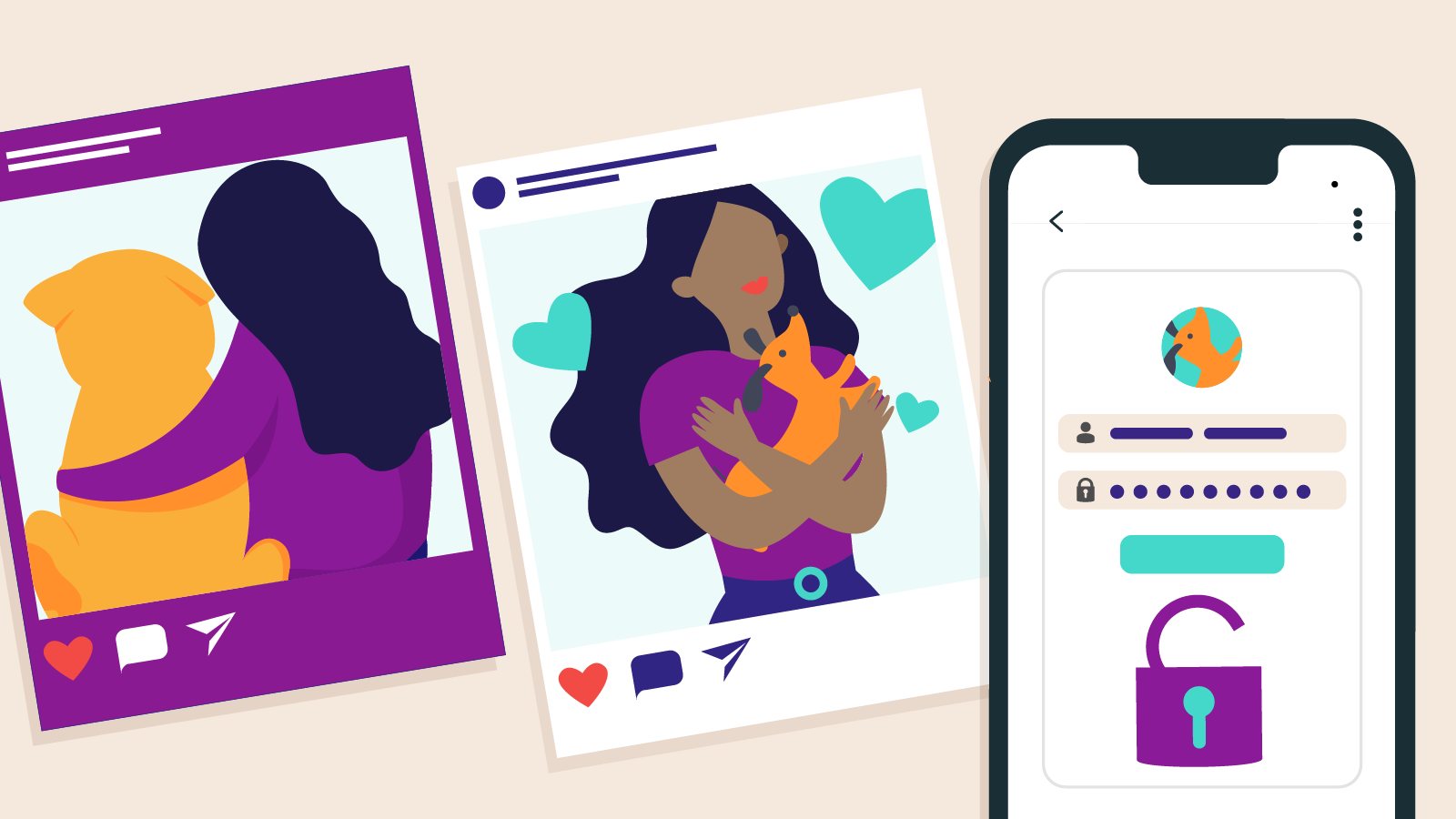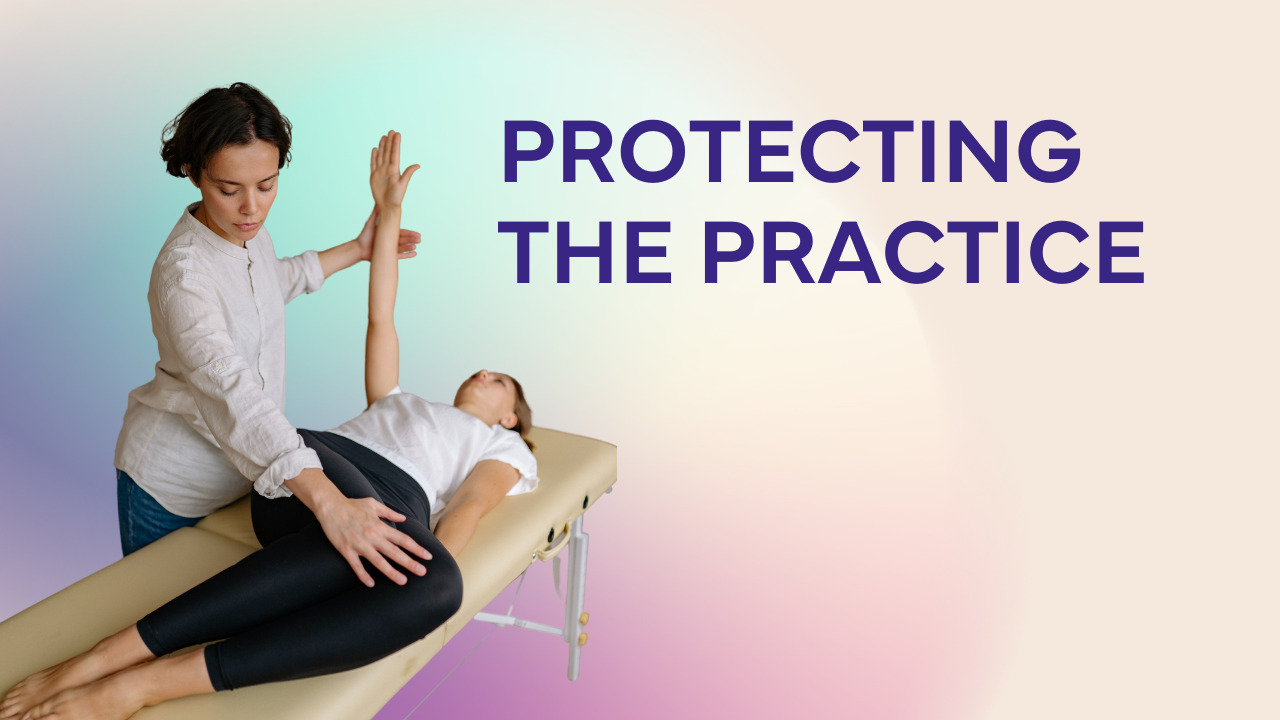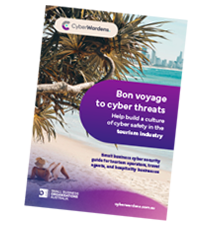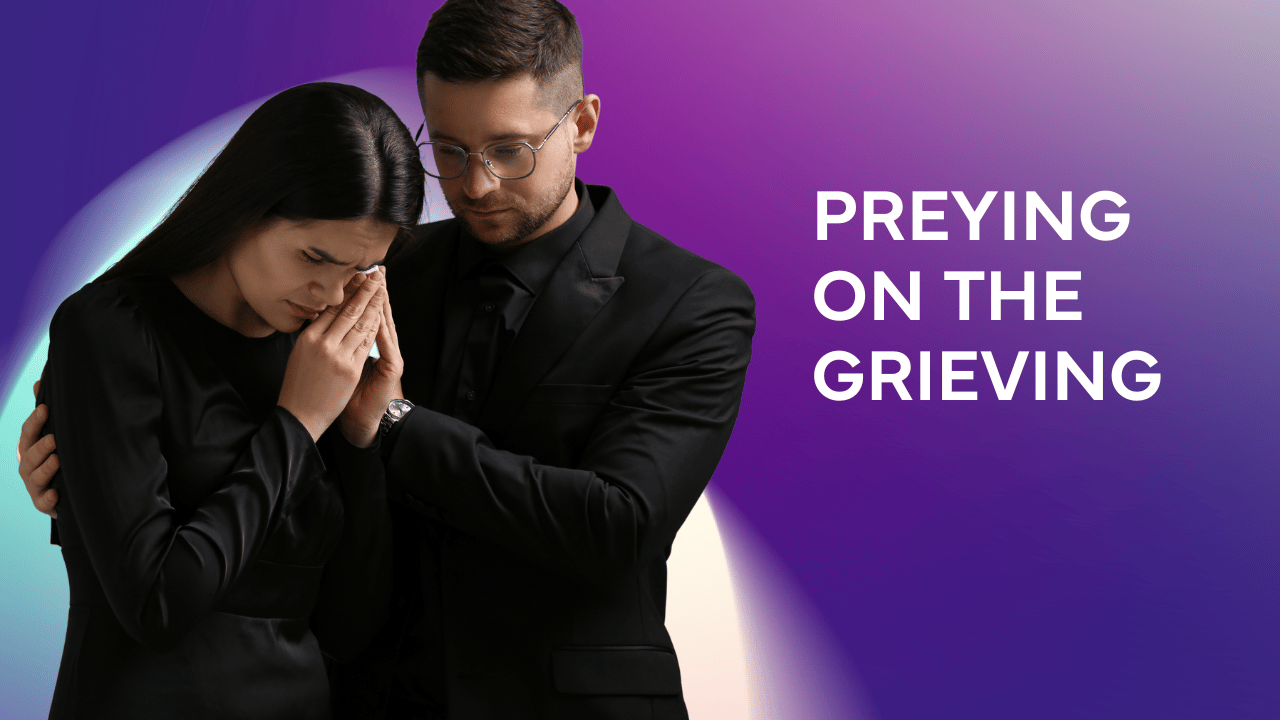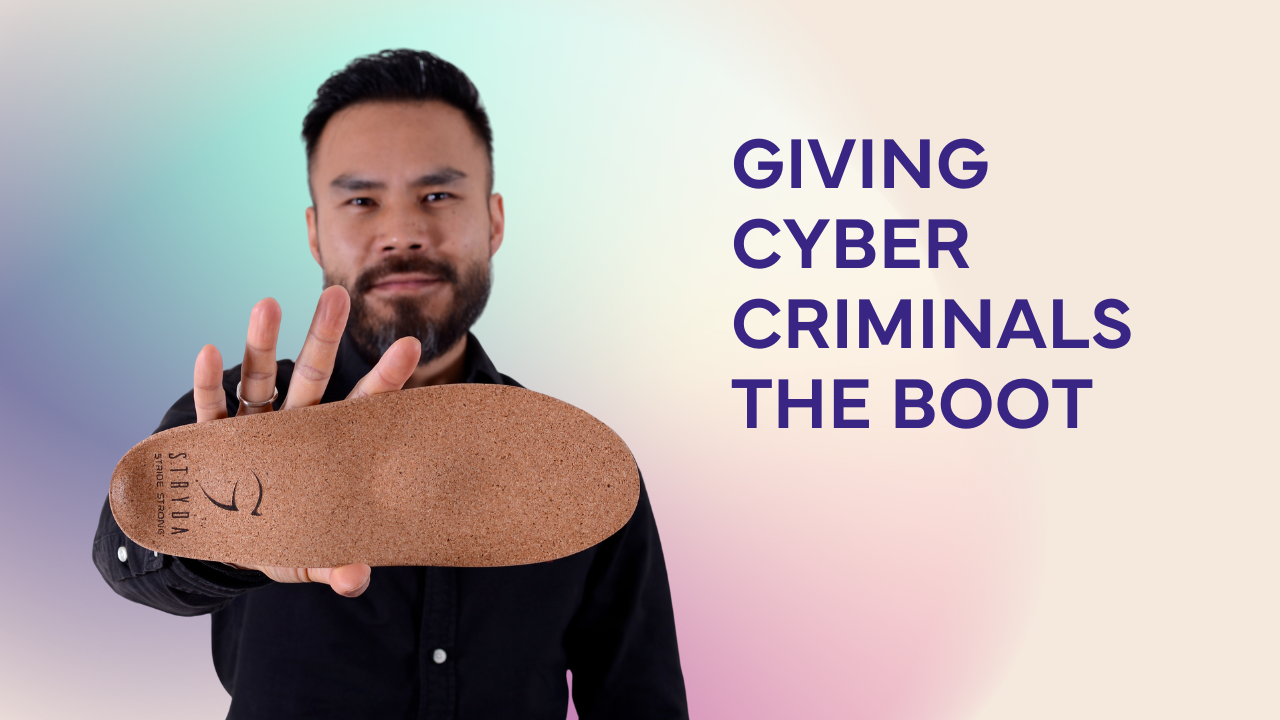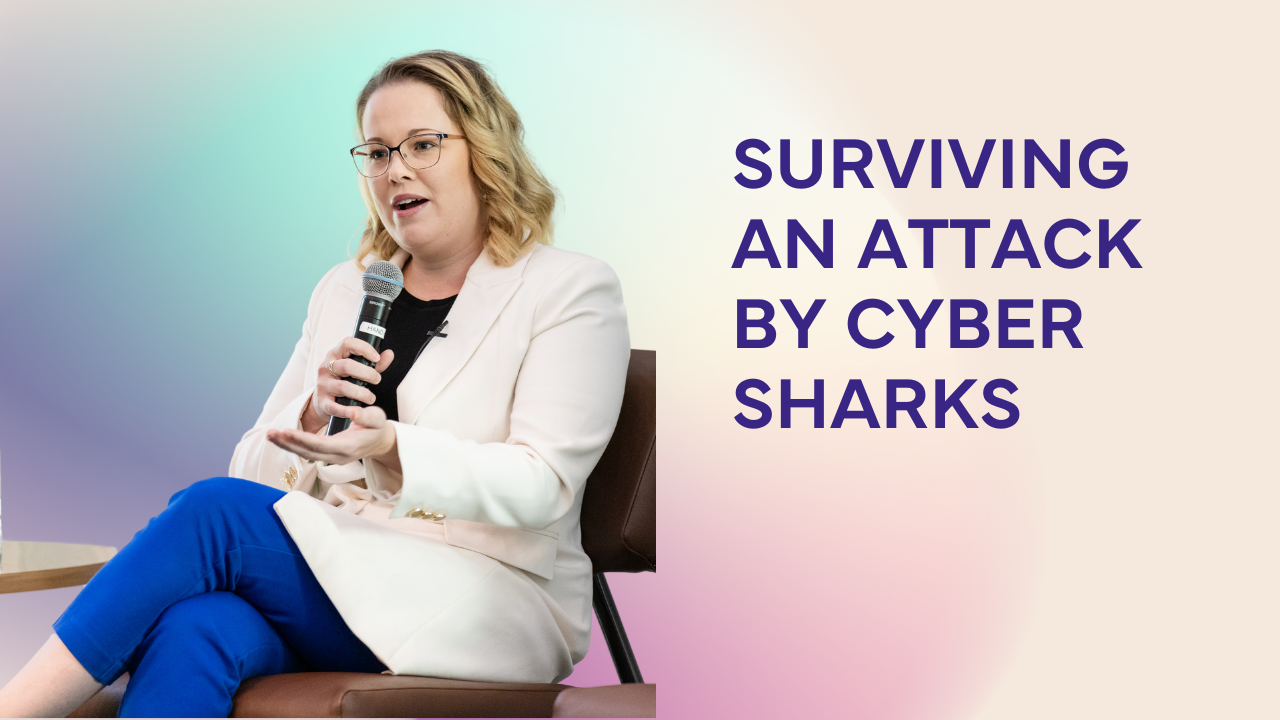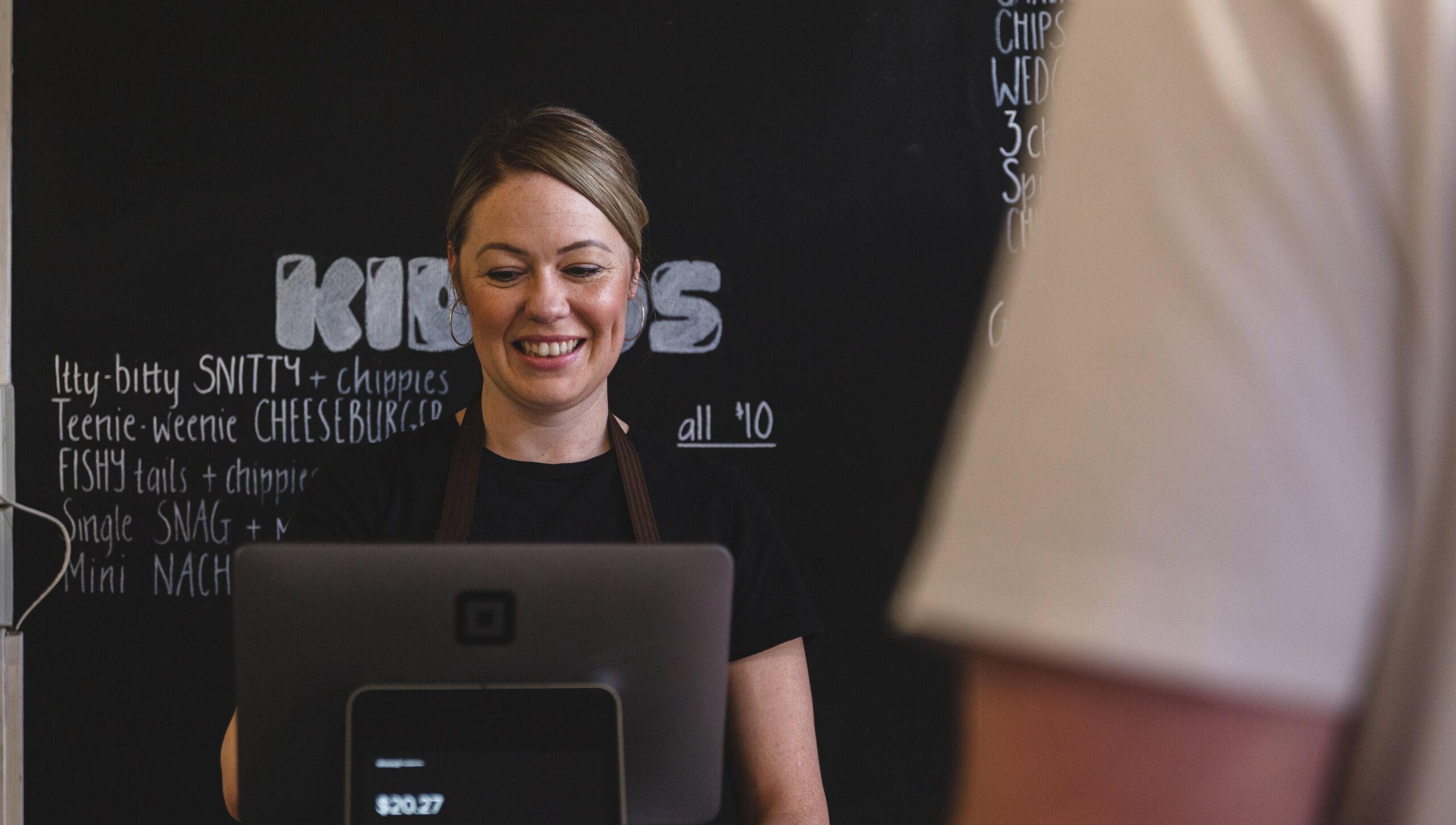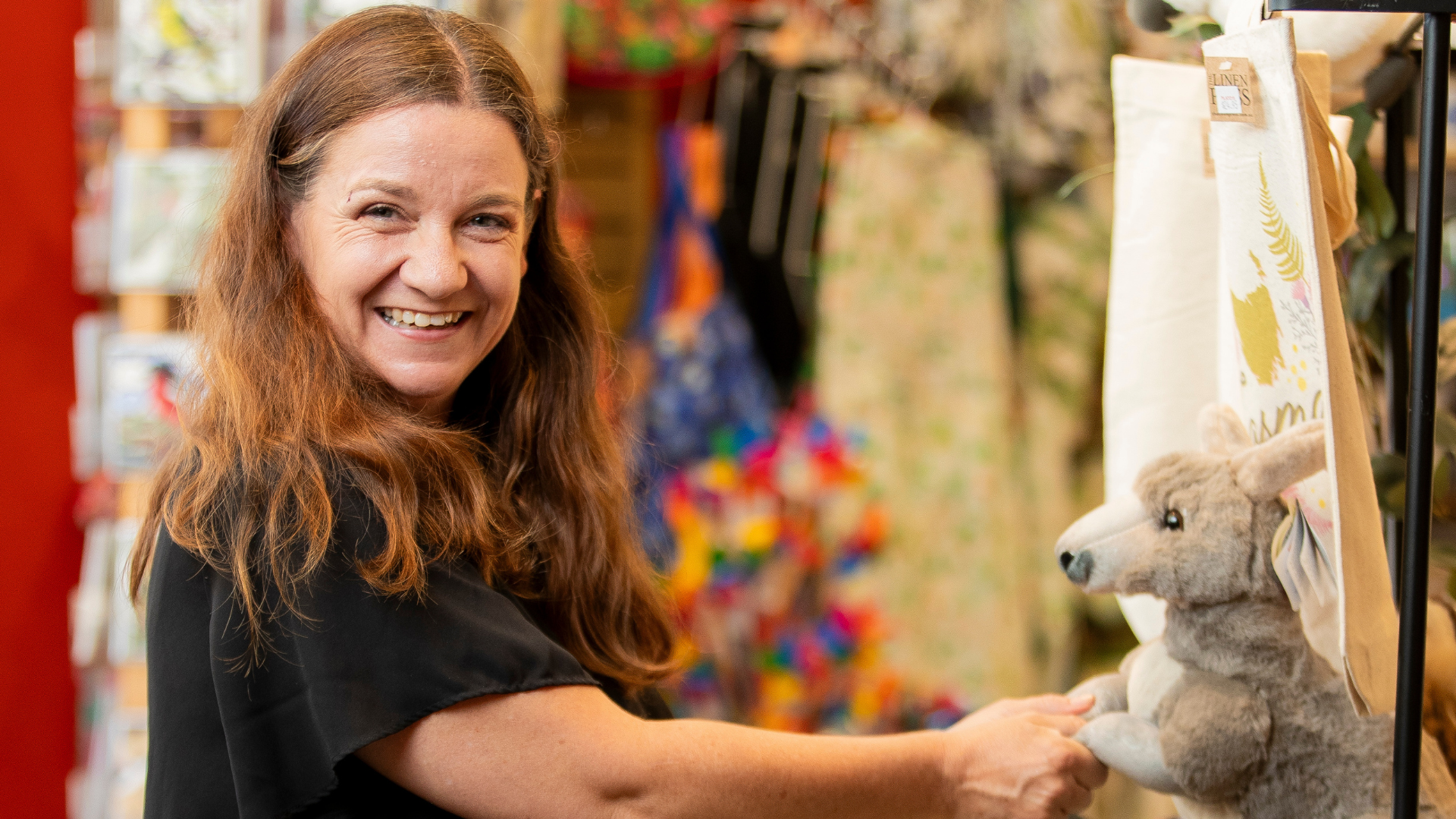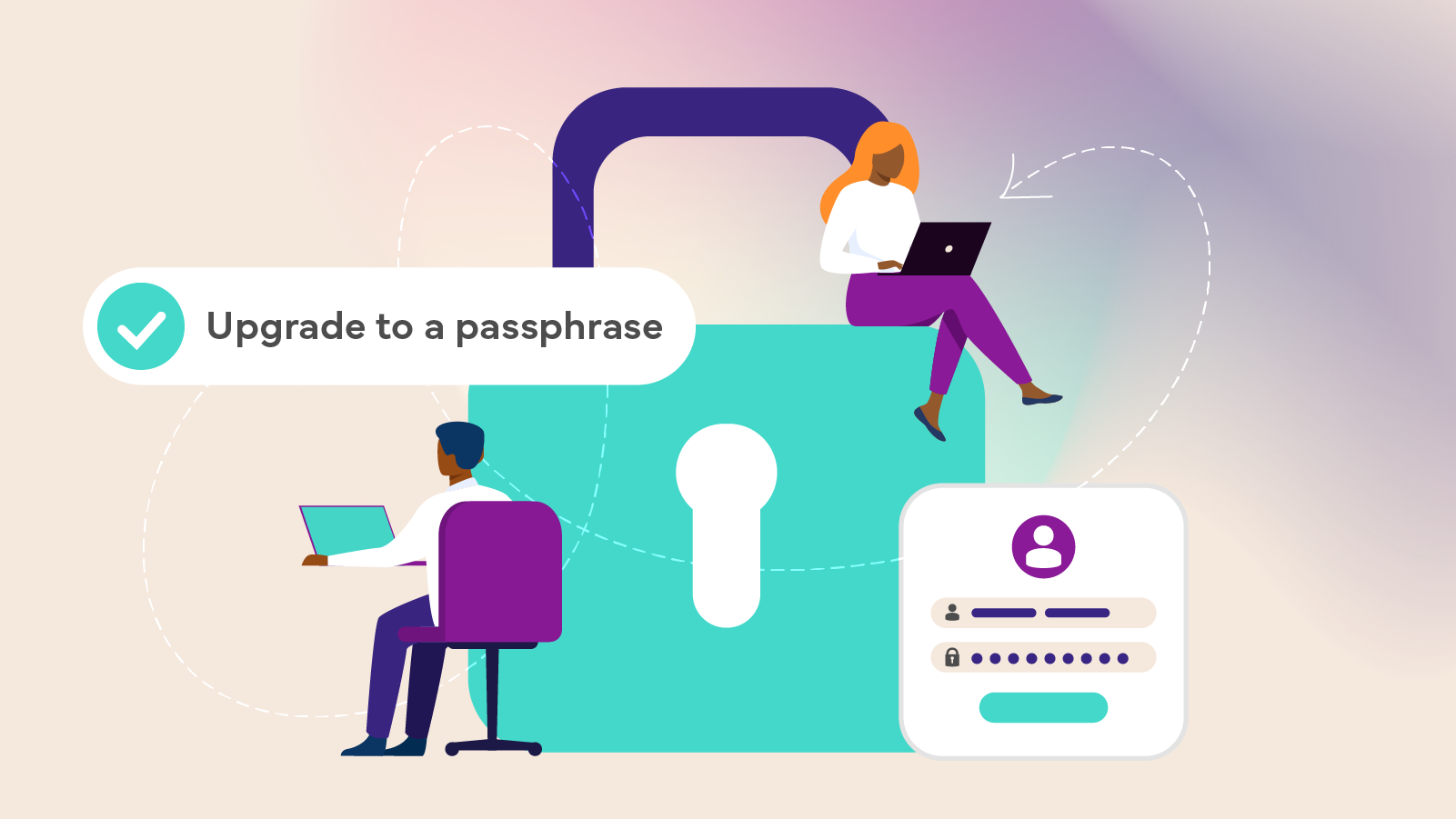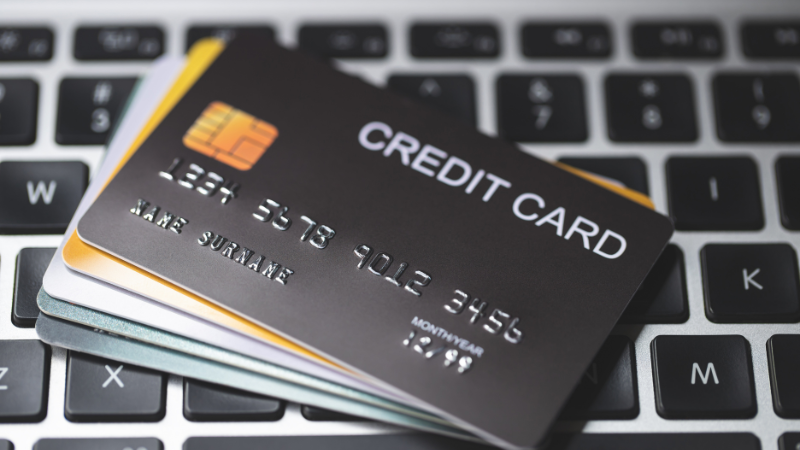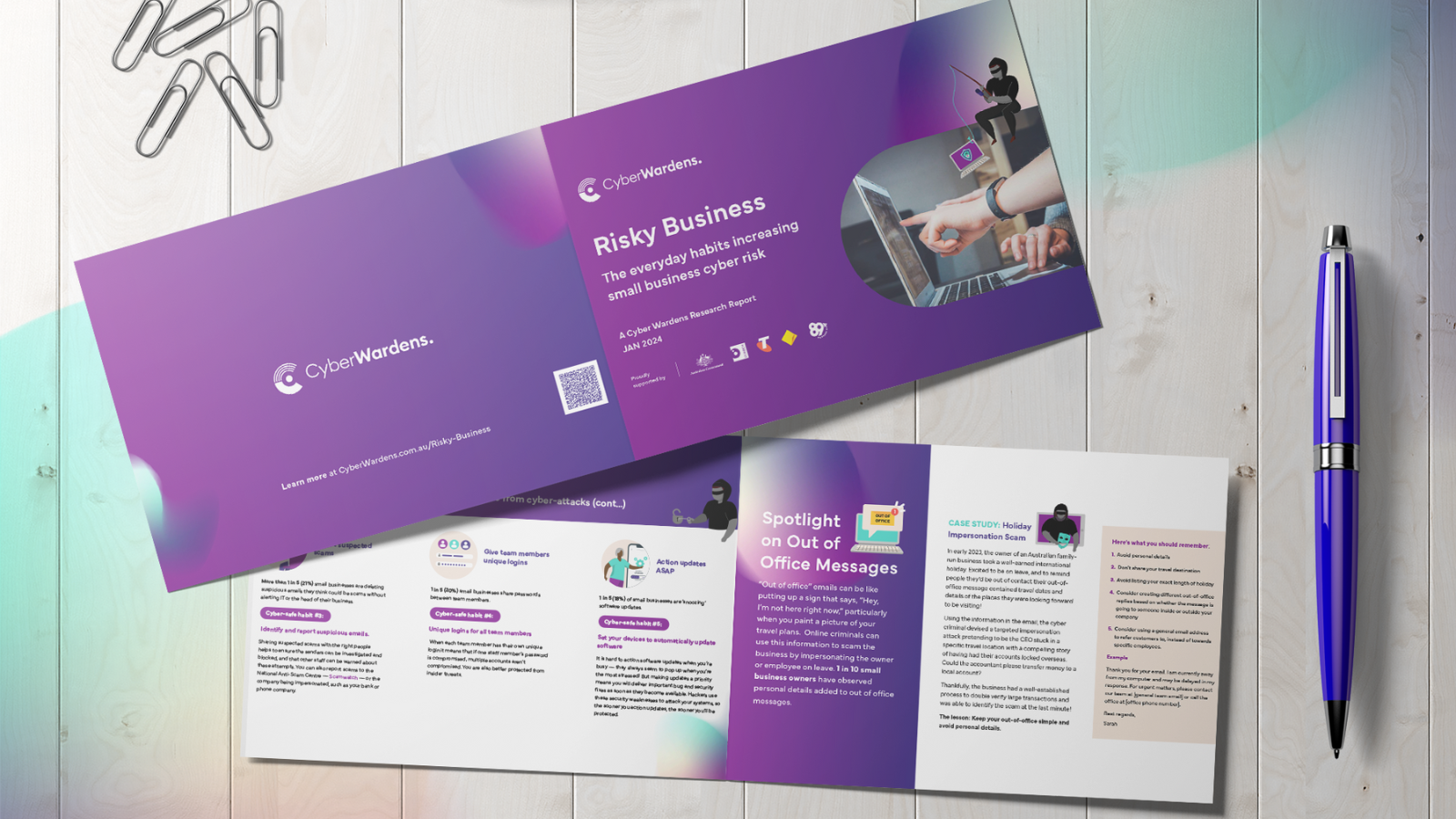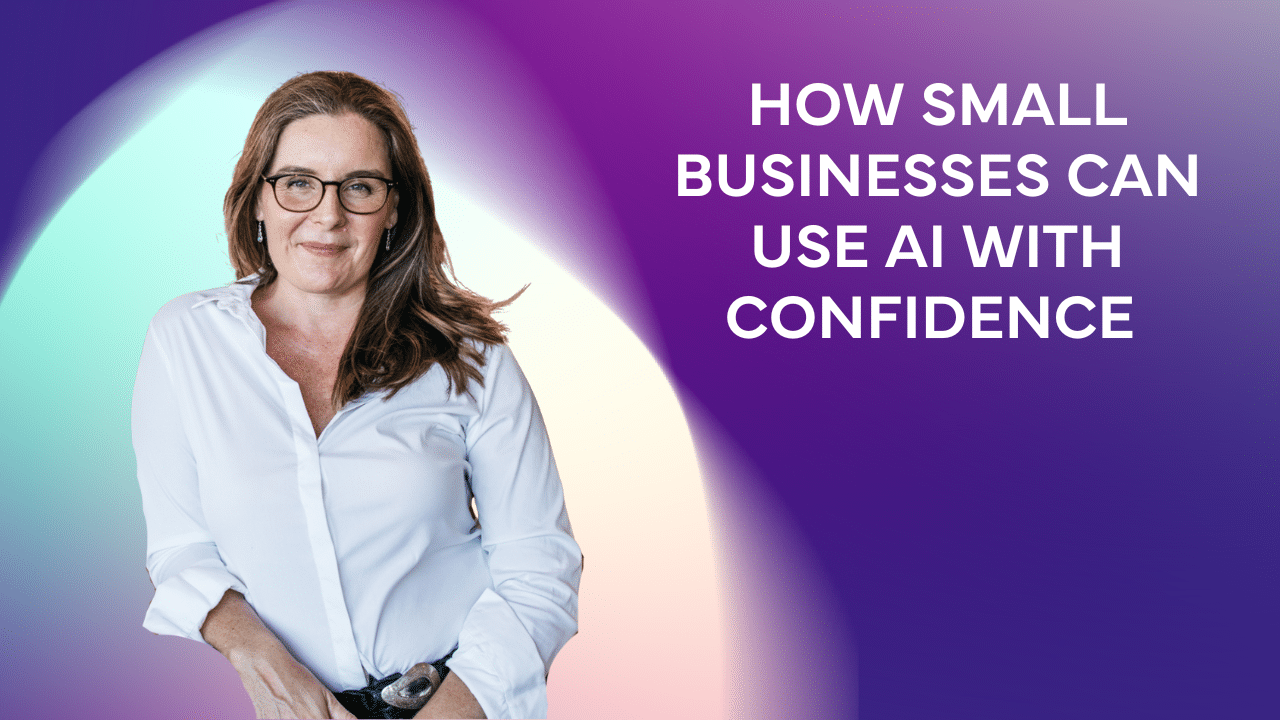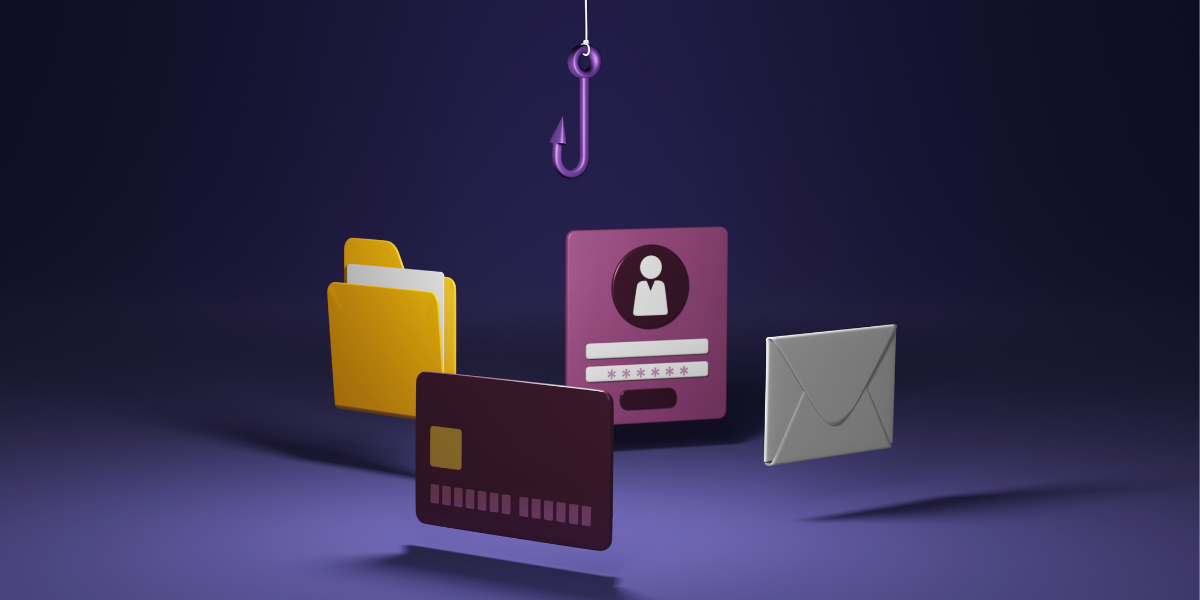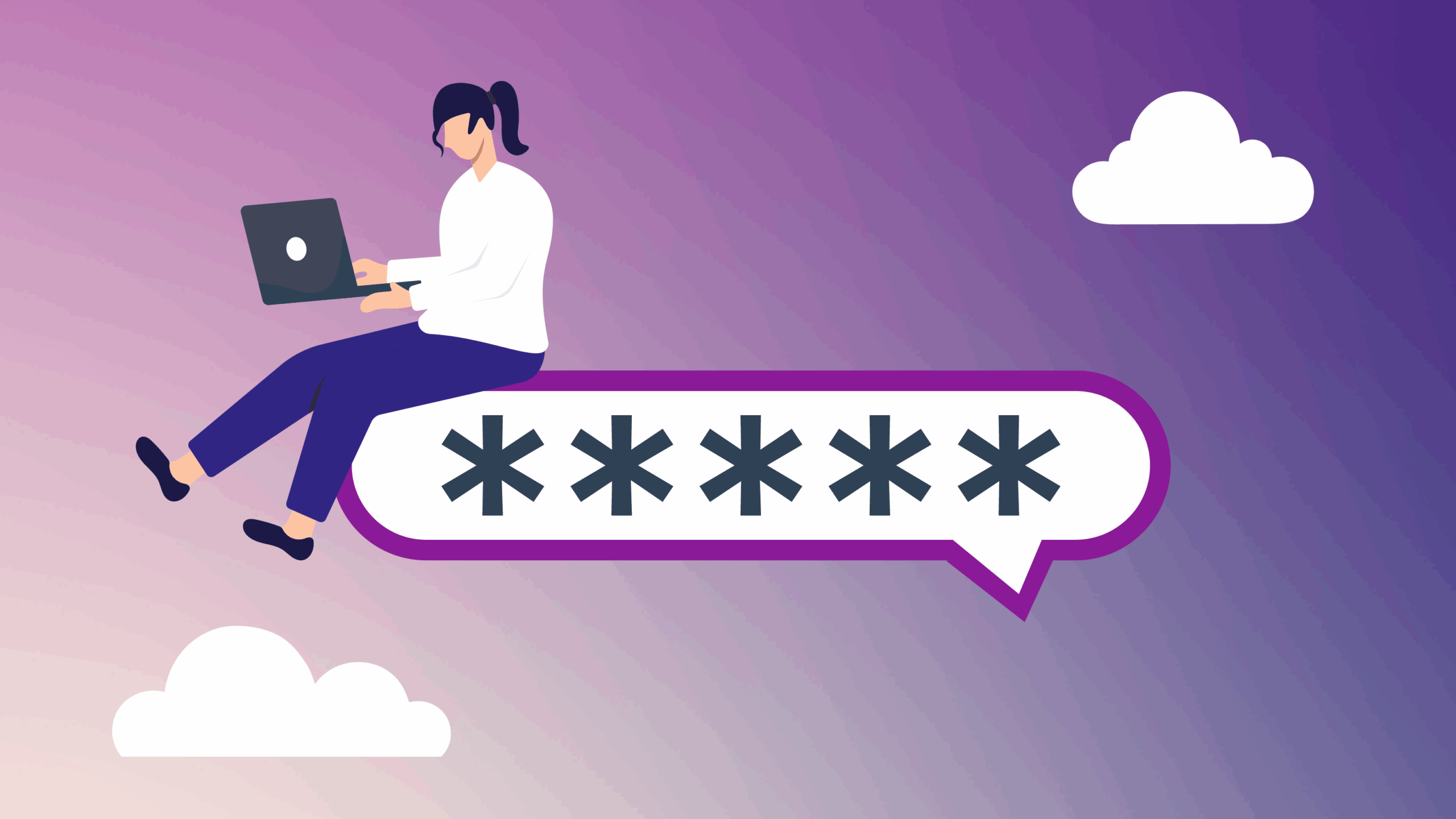For menopause concierge Megan Hayward, helping women stay employed during midlife is not just a job, it’s a passion.
“I want to help others, so that they never have to endure the systemic gaps in women’s health that I experienced,” she said.
The Adelaide founder started the service Mimi Moon Meno during her own challenges with perimenopause, including mental health issues, insomnia, misdiagnoses and job loss.
But rather than be defeated, she set up her own business, which she juggles with a full-time role as a development manager.
She’s now on a mission to educate women and workplaces about perimenopause and menopause, from training corporate teams to delivering keynotes and running one-on-one sessions.
The menopause trainer and coach develops tailored “action plans” for women to help improve their mental and physical health and access the right resources and support.
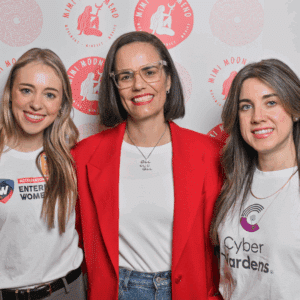
But she knows the business – and her reputation – could too easily be derailed by a cyber attack.
With her clients entrusting her with their personal stories and sensitive health information, the importance of online security is never far from her mind.
"Menopause is a very sensitive thing, so the thought of being hacked and having bad information out there from my accounts, or anything that is offensive to women, is a real concern,” she says.
“The thought of what could happen is scary. I am very careful. I limit the work I do in public, I ensure I do all my software updates and have unique, strong, long passwords. And I’m good at detecting phishing emails and messages.”
Despite a solid foundation, she knew she needed to fill her knowledge gaps to ensure her clients – and her business – were protected.
The opportunity presented itself when she was enlisted as a panellist at a Female Founders Festival in Adelaide, run by the Australian government-funded Accelerator for Enterprising Women.
Participants were invited to complete the free, online Cyber Wardens Foundation program at the event, and she says it was a quick, easy way to brush up on her cyber security skills.
For Megan, the course was particularly important after being targeted by cyber criminals in the past.
The first incident occurred after an overseas trip, where she used various Wi-Fi networks for internet banking, resulting in the theft of more than $10,000 from her bank account.
"It just started as 20 cents, and then it got to $1, and then in the end, it ended up being nearly 20 grand," she recounts.
The second attack involved smaller, consistent amounts stolen over a few weeks, amounting to a few hundred dollars. Fortunately in both cases, she was reimbursed by her bank.
“That second time, it was like $1.20 and then $2.20 and it just kept going up, but I thought it was things my husband was purchasing and didn’t think much about it,”she says.
“But then several amounts of around $50 were taken as retail transactions, and the bank called me and asked if I had made the transactions. I hadn’t and neither had my husband. They then identified that we had been hacked, and advised us that so had many other people.”
She says the Cyber Wardens course provided a host of invaluable insights, including the importance of passphrases, understanding the prevalence of inbox break-ins and invoice fraud, and why it’s critical to act immediately on software updates.
Megan was also shocked to learn that 240 cyber attacks are reported daily in Australia. That’s one every six minutes.
“I would definitely recommend other businesses get educated and take a free program such as this one, so learn what you need to do to be protected,” she says.
